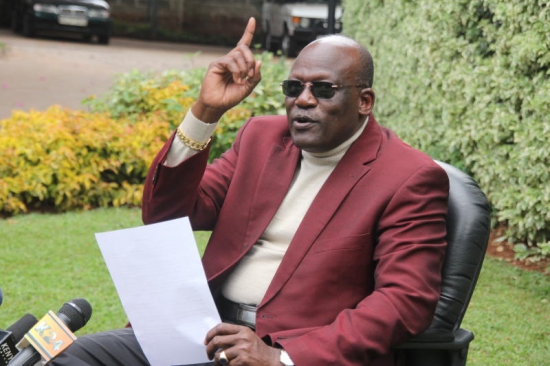×
The Standard e-Paper
Join Thousands Daily

The Opposition has claimed that they had agreed with the Independent Electoral Boundaries Commission (IEBC) to postpone the strategic plan launch.
CORD leader Raila Odinga, in a press release, said that the coalition and Narc Kenya leaders had met with IEBC officials on Wednesday ahead of the Thursday launch of the plan to give their views.